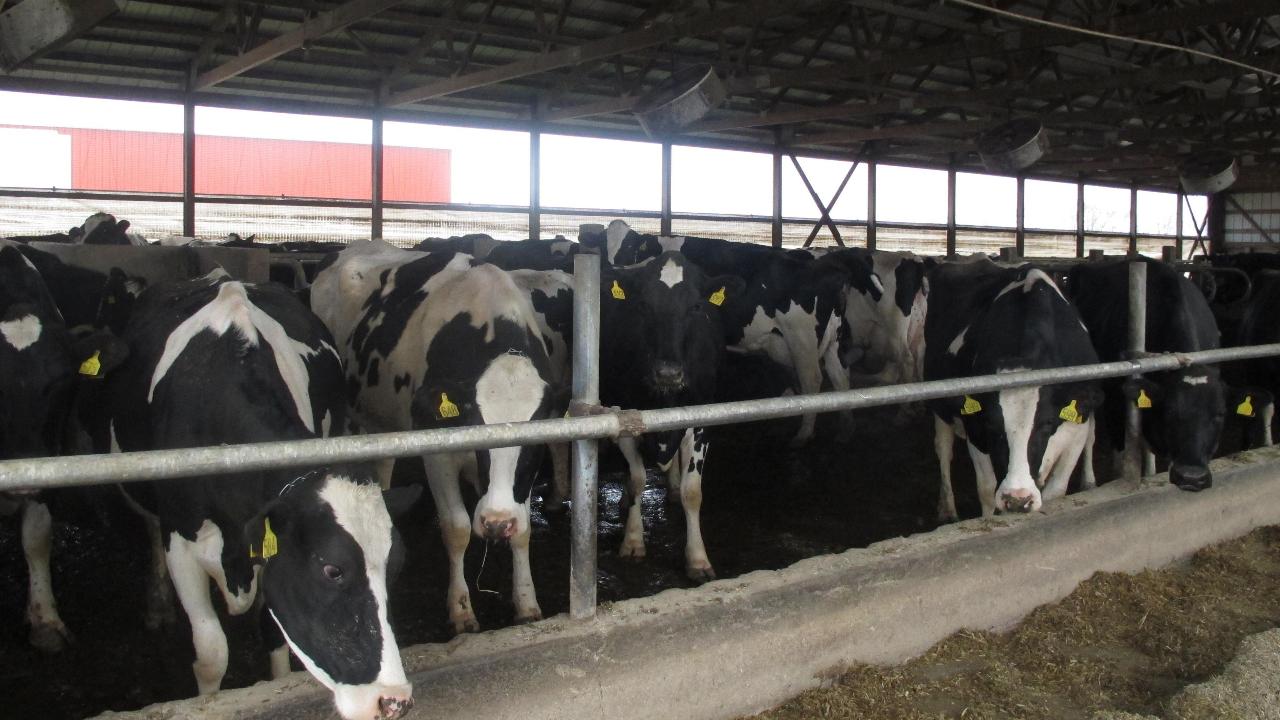US farmers on edge over China-US trade war
Although Chinese President Xi Jinping hinted that he may be willing to concede to some of President Donald Trump’s demands after what appeared to be a brewing trade war between the two countries, U.S. farmers remain on edge over worries of potential tariffs on American agricultural imports.
While U.S. stocks surged on Tuesday following the news, not everyone is convinced that Beijing will truly reconsider some of its trade practices -- like opening up the Chinese auto market to U.S. manufacturers and rescinding the existing 25% tariff on American vehicles -- and warned that proposed tariffs could have an adverse effect on the economy.
“Let’s see if it’s sustainable,” CME Group Chairman and CEO Terry Duffy told FOX Business’ Neil Cavuto on Tuesday. “We’ve heard this type of comments coming out of China before, whether it’s on intellectual property or other products. But one of the things that I think here for the American producers of food is a very big deal. Because that is one of our number one export products that we have here.”
Although the Trump administration insists the U.S. is not in a full-blown trade war with China, Beijing imposed tariffs on 106 American imports, including soybeans, corn, wheat and a number of fruits in response to Washington's plans to place tariffs worth at least $50 billion on 1,300 Chinese goods. The tariffs drew almost immediate criticism from farmers, and Republican and Democratic lawmakers from farm states, who urged the president to tread carefully, warning him of the potential consequence a trade war could have on farmers.
And while American farmers are proficient in their yields and what they can produce, they need international markets in order to make a living, Duffy said. China imported $19.6 billion in U.S. agricultural products in 2017, according to the U.S. Department of Agriculture.
Agriculture can also be a big driver of the marketplace: In 2017, the CME Group, a financial market company, traded more than 3 million agricultural products. Fifteen years ago, the Chicago-based company’s average daily volume was about 2 million.
“Any kind of tariffs and their margins get squeezed dramatically on the family farmer,” Duffy said. “And we don’t need any more pressure on the family farmer today.”




















